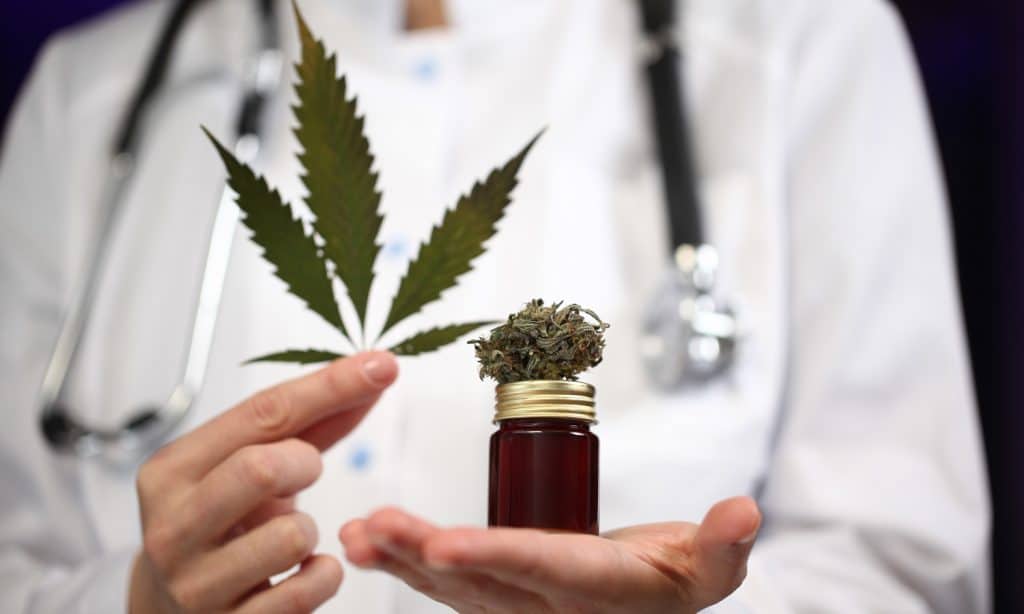Instead of simply believing the current hype around CBD, do a bit of research and learn how to separate fact from fiction.
As the CBD market continues to explode and possibly outpace cannabis sales, the misconceptions surrounding the compound continue to grow as well. Debunking common myths around CBD is necessary so that consumers can utilize it in a manner that can maximize and not mythologize the benefits of this plant based medicine
Following are seven of the most common myths surrounding CBD. Despite the lack of proven research to verify these claims, they continue to get touted in various online forums as verifiable facts.
You can’t get high from CBD.
True, CBD isolate that contains no THC cannot get you high. However, since full spectrum and broad spectrum CBD contains some THC (less than 0.2% or 0.3%), if you take a substantial amount of this oil, you could get high.
There’s no scientific research to justify using CBD as medicine.
While extensive research is needed in this regard, anecdotal evidence points towards the efficacy of CBD. Also, Project CBD points to some very promising preliminary research studies in this regard.
RELATED: CBD As Medicine — How Much Do We Know So Far?

CBD is safe for children and pets to use.
Even though some dogs and cats appear to benefit from CBD, there have been no conclusive research studies confirming that CBD is safe for long-term use with pets.
CBD is non-psychoactive.
The more accurate phrasing should be “CBD is not psychedelic.” When used in proper dosage, CBD will not get one high; however, CBD is psychoactive in that it alters the body’s chemistry.
RELATED: Debunking 6 Popular Myths About Today’s Marijuana

CBD can cure whatever ails you.
CBD is not a magic elixir, a cure-all that can treat all forms of sickness. Preliminary research indicates that CBD can be helpful in sleep management, anxiety, pain management, and inflammation.
CBD will make you sleepy.
Actually a key benefit of CBD is that it can keep one alert and functioning unlike many prescription drugs and over the counter treatments. Having said that, CBD can help your body achieve a state of homeostasis. So it can be helpful in reducing the stressors that keep you up at night. Also, some CBD products come in formations designed to help you get a sound night sleep.

I tried CBD and it didn’t do anything.
If at first you don’t succeed, try again. Educate yourself on the the basics of CBD, so that you can select both the types of products and the correct dosages that will work best for your unique endocannabinoid system.
As CBD continues to become more accepted into the mainstream culture, more myths will emerge. Instead of simply believing the current hype around CBD, do a bit of research and learn how to separate fact from fiction.

